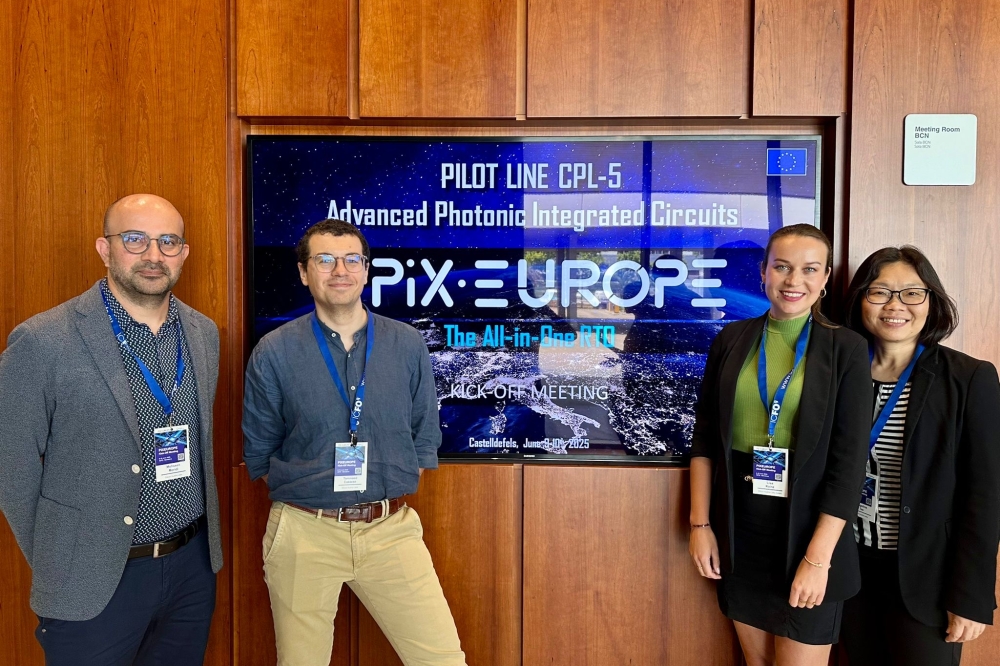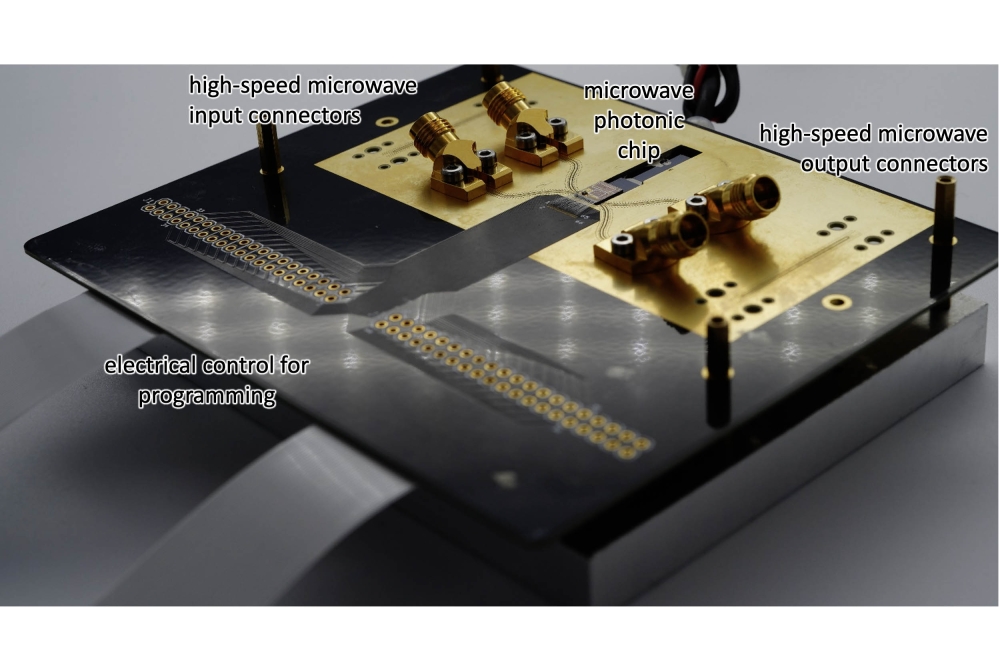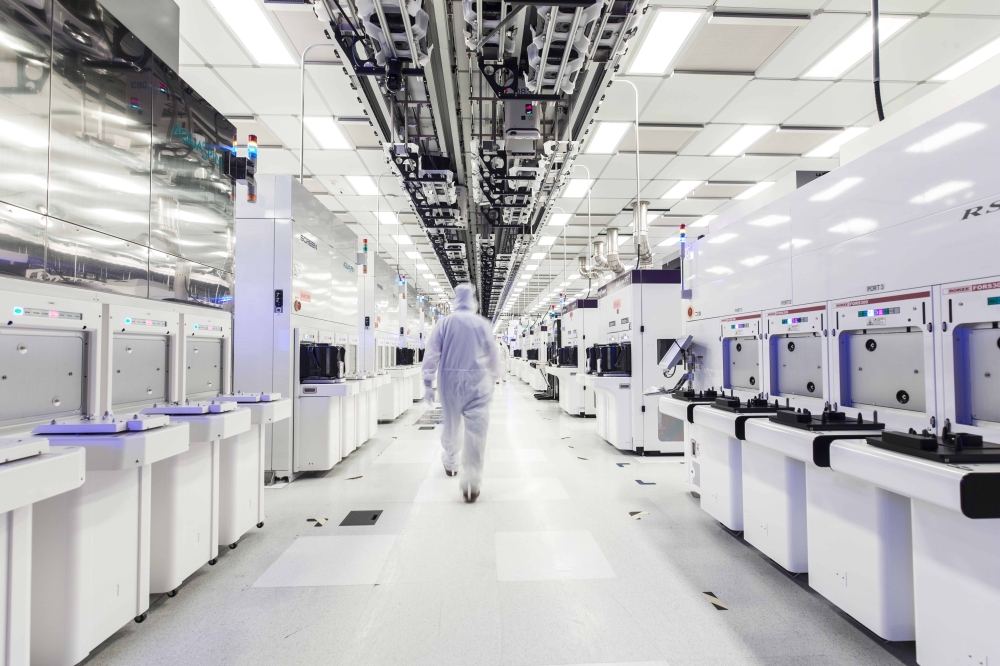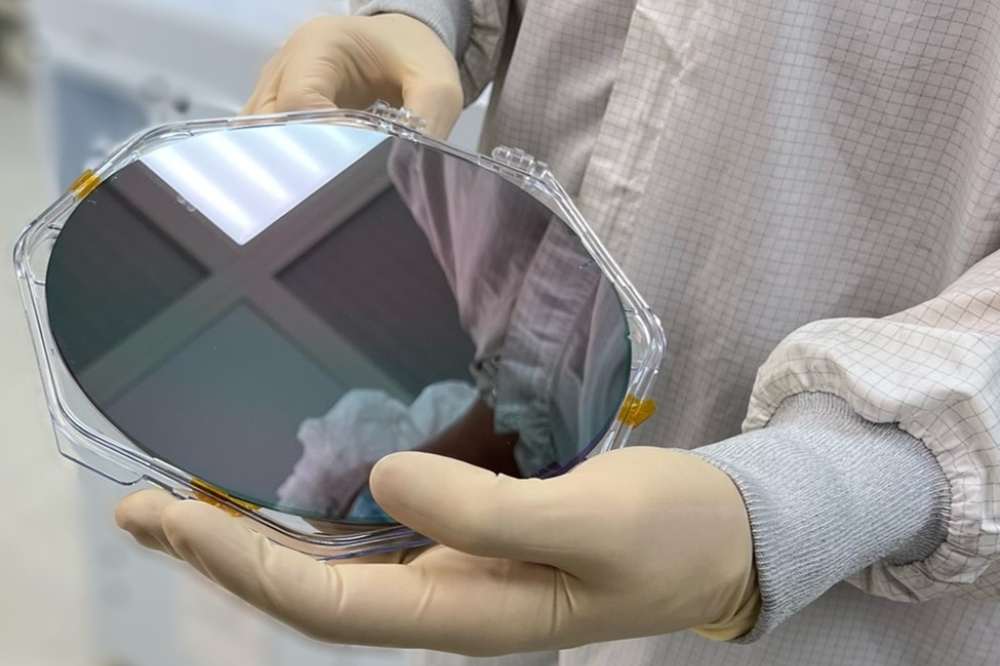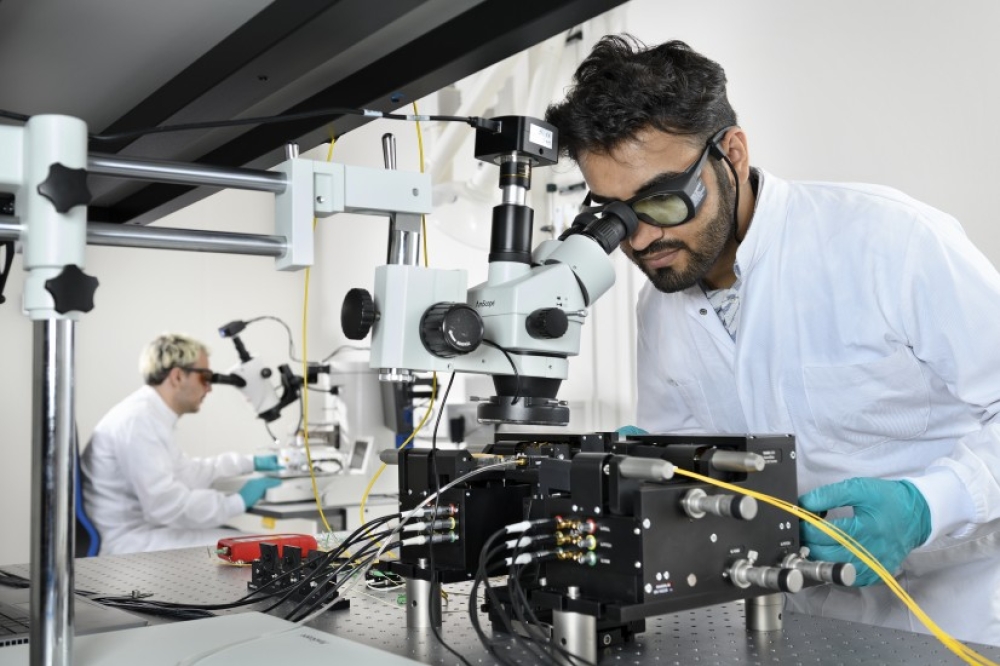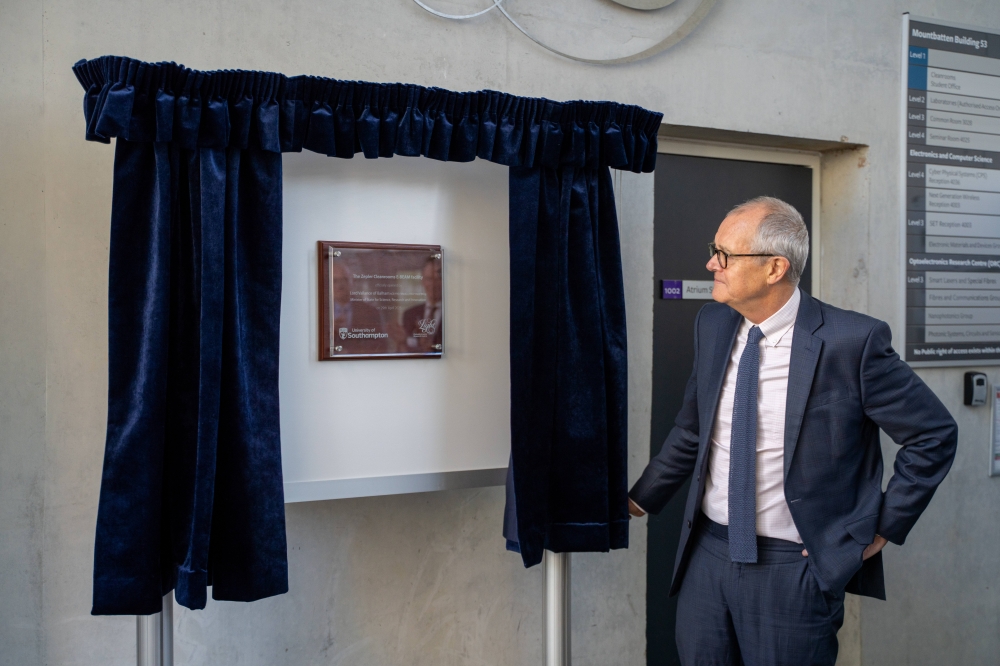Perceptra wins PhotonDelta’s global engineering contest
The start-up, which aims to build the first ultra-compact, PIC-based molecular analysers to transform the biotech industry, will receive €50,000 in services to advance the concept
Photonic chip industry accelerator PhotonDelta has announced the winner of its global engineering contest. Perceptra was judged to be the submission with the best new application of photonic chips designed to tackle global challenges.
The start-up’s entry focused on developing the first ultra-compact, low-cost PIC-based Raman analysers for real-time molecular monitoring in biomanufacturing and other process industries. Its technology aims to replace bulky dispersive spectrometers with on-chip tuneable lasers, which could transform the biotech industry and help bring lifesaving innovations to the market faster.
Perceptra will receive €50,000 worth of services to bring their concept to life and the opportunity to raise a favourable loan of up to €2 million with PhotonDelta to kick-start the company’s growth. Having demonstrated proof-of-concept, Perceptra plans to use the funding to develop a first PIC-based version of the system.
To help launch Perceptra’s solution, PhotonDelta will showcase this winning submission at the upcoming industry leading event PIC Summit Europe 2025, which brings together 700 industry experts from over 25 countries in Eindhoven, the Netherlands on 4 and 5 November.
Currently, bioprocessing and biomanufacturing practices have significant inefficiencies due to reliance on offline analytical testing to measure molecular concentrations in processing equipment like bioreactors. This limits access to real-time, high-quality data for R&D, delays time-to-market for critical life-saving products, and leads to poor process monitoring and control, ultimately contributing to high failure rates in biomanufacturing.
PhotonDelta and Wevolver launched the engineering contest to help drive the creation of innovative ideas for photonic chip-based solutions that address some of the world’s most pressing societal and technical challenges, from combating climate change and advancing healthcare to addressing energy sustainability challenges.
The contest received 33 high-calibre entries from over 15 countries from all continents. In total, over 350 organisations engaged with the contest worldwide. Contest entries were judged on the level of innovation, technical and commercial feasibility, and how effectively the design addresses current industry challenges. Participants were required to submit detailed descriptions of their projects, including team information and supporting visuals or videos.
Other notable entries that PhotonDelta has highlighted include Linq with the Matrix Electro-Optic Modulator (M-EOM) – a PIC-solution designed to address scalability and precision challenges in neutral atom quantum computing – and FlowBeams with a laser-actuated, needle-free jet injector using microfluidics and PICs to revolutionise medical and cosmetic injections.
The contest was backed by a €60 million fund from PhotonDelta, set up to fund new start-ups and innovative applications in the photonic chip industry. By offering favourable loans to companies, the fund aims to support entrepreneurs in turning their ideas into viable businesses. The initiative’s goal is to foster innovation at the earliest stages, encouraging the development of new technologies and applications that can shape the future of the PIC industry.
“The need for fast and energy efficient data communication for AI is currently driving the need for PIC technology. However, at PhotonDelta we believe there are far greater applications where this technology can be gamechanger, such as biosensing, healthcare and quantum computing,” said Eelko Brinkhof, CEO at PhotonDelta. “The Global Photonics Engineering Contest sourced dozens of high-quality proposals which showcased the capacity of photonic chip technology to tackle some of the most pressing problems we face as a society. I celebrate everyone who submitted an idea and congratulate Perceptra as the winner of the contest. We are delighted to be able to support them as they translate their ideas into reality.”
Amir Atabaki from Perceptra commented: “The PhotonDelta Global Engineering Award will help us build our first chip-scale systems and bring us closer to realising our mission. Photonic sensors are becoming an essential part of the perception stack in next-generation autonomous systems and Perceptra aims to bring ‘molecular perception’ to autonomous R&D and manufacturing systems in the biotech industry and beyond. We look forward to engaging with the PhotonDelta ecosystem to bring our solution to the market.”



